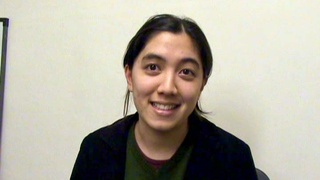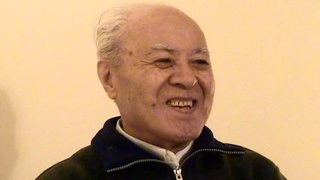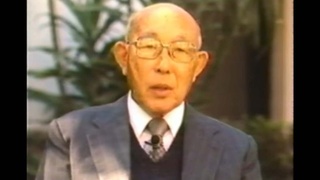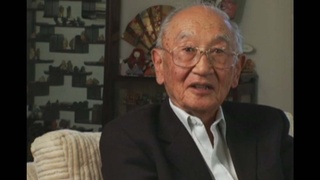Interviews
An Opportunity to Learn more Japanese (Japanese)
In general, my parents only used Japanese at home, then once I married Amano it was Japanese more and more. I worked with him because he couldn’t really understand what he was reading in Spanish and English unless he put a lot of time and effort into reading it. He wasn’t that good at it, so he asked Mr. Okamoto if you know a young person who could help him to read.
I can't speak English or Japanese, but for some reason Okamoto-san chose me. He said he was desperate (laughs). I had never done a job like that before, having just graduated from girl's school. I didn't even study Japanese well enough in elementary school. What with the war and all, I didn't study at all. After that, people who may have been older than me had a home economics girl’s school. Those people were really good. But I’m all over the place. But at home we spoke Japanese, and once I married Amano we spoke in Japanese. We also had a lot of visitors from Japan. But I haven’t studied at all.
I*: So, which is more comfortable? Are you more at ease with Japanese than with Spanish? Which is more comfortable?
Well, it’s really bad manners, but it's better to use both. Hm, I wonder about that. I don’t really know, myself (laughs). I can’t speak either of them.
* "I" indicates an interviewer (Ann Kaneko).
Date: April 18, 2007
Location: Lima, Peru
Interviewer: Ann Kaneko
Contributed by: Watase Media Arts Center, Japanese American National Museum











